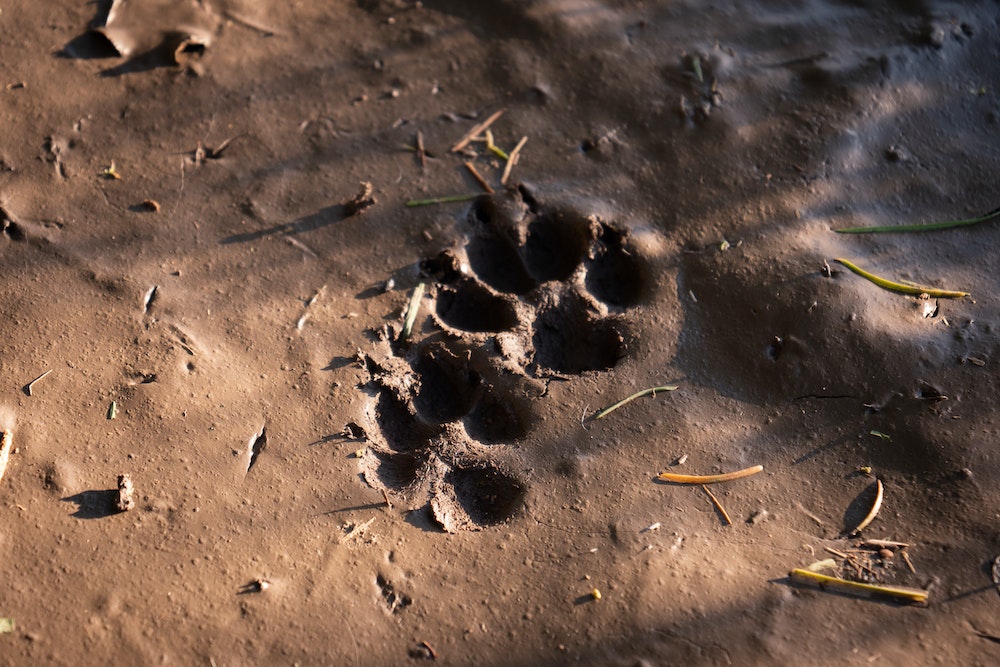What Are the Best Ways to Stimulate Natural Hunting Instincts in a Domesticated Cat?

The domestication of cats has not dulled their natural hunting instincts. These furry companions, despite their cuddly exterior, still have the predatory drive of their wild ancestors. Understanding the needs of your pet kitty and engaging in activities that stimulate their primal instinct is an essential part of being a responsible cat owner. Whether it’s through play, food, or toys, there are various ways to tap into your cat’s inherent desire to hunt.
The importance of Understanding the Cat’s Hunting Behavior
Your pet cat, with its soft purring and gentle demeanor, may not seem like a born hunter, but beneath that lovable facade, it has the instincts of a ruthless predator. Cats are solitary hunters that feed on small prey such as mice and birds. Their natural behavior involves stalking, ambushing, and capturing their prey, which keeps them physically and mentally stimulated. Domestic cats that lack the opportunity to hunt can develop health and behavior issues.
In parallel : How to Train a Parrot to Stop Screaming for Attention Without Punishment?
Cats are crepuscular, which means they are most active during dawn and dusk, which are prime hunting times in the wild. They have keen senses, including eyes adapted for low light vision, sharp retractable claws, and a flexible body built for stealth and agility. Each cat is an individual, and while some may exhibit strong hunting instincts, others may be more subdued. Nevertheless, all cats will benefit from activities that stimulate their natural hunting behavior.
Using Toys to Stimulate Hunting Instincts
Toys are one of the best ways to stimulate your cat’s hunting instincts. When choosing a toy, it’s vital to keep in mind that cats are attracted to things that move and make noise. They should be small enough to mimic the size of natural prey, and safe for your pet to play with.
Have you seen this : How to Introduce a Rescue Rat to a Current Rat Colony Safely and Effectively?
Interactive toys can engage your kitty for hours, keeping them physically active and mentally sharp. These can include laser pointers, which cats love to chase, feathers on a string, or even motorized mice that scuttle across the floor.
Remember to encourage your cat’s natural behaviors while playing. Allow them to stalk the toy, pounce on it, and "kill" it. This type of play helps to keep your cat’s instincts sharp, and provides them with physical exercise.
Regular playtime is essential for your cat’s well-being. While the frequency of play sessions may vary depending on your cat’s age and health, a good guideline is to spend at least 15 minutes twice a day actively engaging with your pet.
Incorporating Hunting Behaviors into Feeding
Feeding time provides another excellent opportunity to tap into your cat’s hunting instincts. Instead of simply putting out a bowl of food, consider using a food puzzle or dispenser that requires your cat to "hunt" for its meal. This not only stimulates your cat mentally but can also help to prevent overeating and obesity, common issues in domesticated cats.
Another technique is to hide small portions of food around the house for your cat to find. This not only simulates hunting, but it can also provide additional exercise as your cat roams around seeking its "prey".
Remember, it’s essential to monitor your cat during these activities to ensure they are eating enough and not becoming frustrated. If your cat seems to be having trouble, you can help by making the task a little easier or showing them how to get the food.
Hunting Instincts and Interaction with Prey
While stimulating your cat’s hunting instincts through play and food is beneficial, it’s also important to remember that these instincts can lead to unwanted behavior, such as hunting birds or other small animals.
If your cat has outdoor access and is causing problems by hunting wildlife, there are steps you can take to mitigate this. One effective method is to outfit your cat with a brightly colored collar or accessory. This can help alert potential prey to your cat’s presence, giving them a chance to escape.
Remember, it’s not malicious when cats hunt. It’s simply a part of their nature. Understanding and managing this behavior can help to maintain harmony both in your home and in the local ecosystem.
The Role of the Owner in Stimulating a Cat’s Hunting Instincts
As a cat owner, you play a central role in stimulating your cat’s natural behaviors. Engaging with your cat during playtime, providing them with challenging food puzzles, and managing their outdoor hunting activities all contribute to a happy, healthy pet.
Take the time to observe and understand your cat’s unique personality and preferences. Some cats may prefer certain types of toys or games over others. Test out different options and observe what your cat tends to enjoy the most.
Remember, every moment spent engaging with your cat is not only stimulating their natural instincts, but it’s also strengthening your bond with them. Balancing their natural hunting instincts with the necessities of domestic life will lead to a contented and satisfied kitty.
Indoor vs Outdoor Cats: Effects on Hunting Behaviour
The environment of a domestic cat can greatly affect how its hunting instincts are expressed. Cats that spend time outdoors have the opportunity to engage in real hunting, whereas indoor cats rely on play and other stimulation to meet their instinctual needs. This difference can result in different hunting behaviors and preferences between the two groups.
Outdoor cats often have a full range of hunting experiences. They can stalk and pounce on real prey, honing their predatory skills in a natural setting. However, this can also lead to issues with local wildlife being hunted, and potential risks to the cat itself from traffic, predators, or disease.
Indoor cats, on the other hand, lack real prey to hunt but can have their hunting instincts stimulated through other means. Using cat toys designed to mimic prey, along with interactive play with their owners, can allow indoor cats to engage in play-hunting behaviors. This may not fully replicate the experience of hunting live prey, but it can provide necessary mental stimulation and physical exercise.
When considering whether to keep a cat as an indoor or outdoor pet, these factors should be taken into account. Both indoor and outdoor lifestyles can cater to a cat’s hunting instincts in different ways, with each having their own benefits and potential drawbacks.
Conclusion: Balancing Natural Instincts with Domestic Life
Domesticated cats retain the predatory drive of their ancestors, and it is important to recognize and stimulate this natural instinct. Whether your cat is an indoor cat or has outdoor access, there are numerous ways to engage their prey drive and provide necessary mental stimulation. From interactive play with toys to hiding food around the house, these activities can help keep your cat physically and mentally healthy.
While some may worry about the potential impact of their cat’s hunting behavior on local wildlife, there are ways to mitigate this. Outfitting an outdoor cat with a bright collar, for example, can help protect local prey species. It’s not about suppressing the natural instincts of your feline friend, but about finding a balance that respects both their instinctual needs and the necessities of domestic life.
At the end of the day, the responsibility lies with the cat owner to ensure their pet’s hunting instincts are satisfied in a safe and appropriate way. Investing time and effort into understanding and catering to your cat’s natural behaviors will result in a healthier, happier pet. Remember, every cat is unique. Understanding and respecting your cat’s individual hunting behaviour will help ensure a strong, positive bond between you and your pet.
